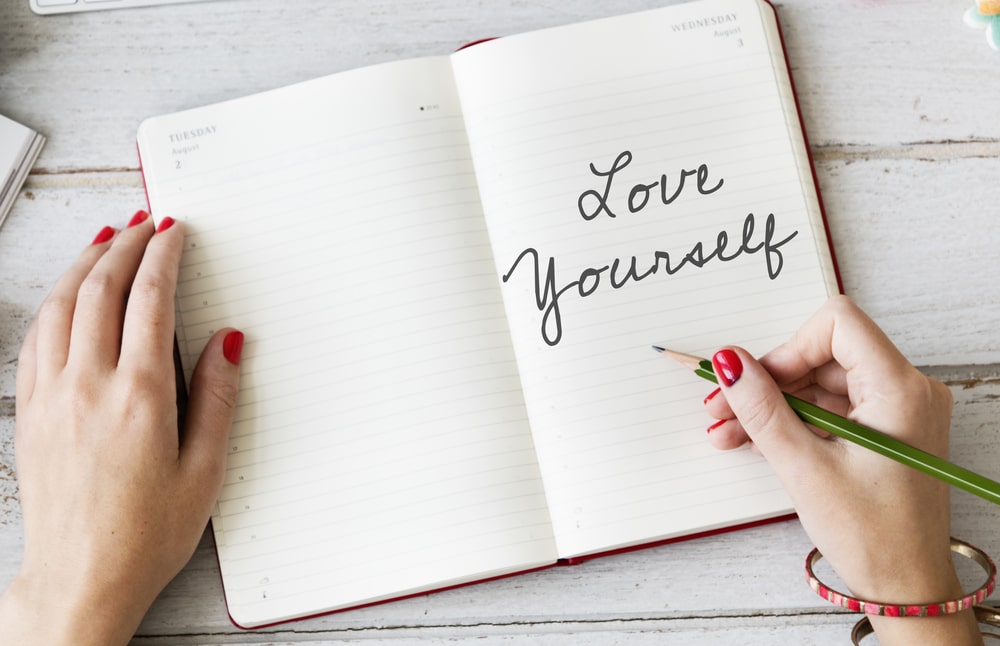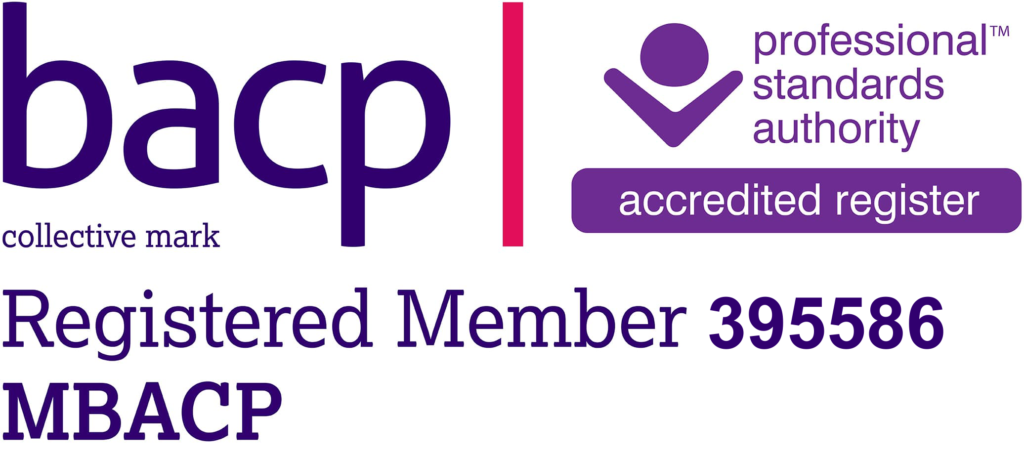Do I Have Low Self-Esteem?

Written by
Andrea Binks

Self-esteem is an important part of our overall well-being. It refers to the way we feel about ourselves and our overall sense of self-worth. While it’s normal for self-esteem to fluctuate from time to time, consistently low self-esteem can be a challenge and can impact our relationships, work, and daily life. If you’re wondering if you have low self-esteem, here are some signs to look out for and some tips for improving your self-worth.
Low self-esteem can manifest in several different ways. Some signs that you may be struggling with low self-esteem include:
- Negative self-talk or constant self-criticism: If you frequently put yourself down or engage in negative self-talk, it could be a sign of low self-esteem.
- Difficulty accepting compliments or positive feedback: If you struggle to accept compliments or brush off positive feedback, it could be a sign that you are not valuing yourself enough.
- Difficulty setting boundaries or saying no to others: If you have a hard time setting boundaries or saying no to others, it could be a sign that you don’t believe you deserve to have your own needs met.
- Difficulty making decisions or asserting yourself: If you struggle to make decisions or assert yourself in social or professional situations, it could be a sign of low self-esteem.
- Inability to recognise or acknowledge your own accomplishments: If you have trouble recognising or acknowledging your own accomplishments, it could be a sign that you are not valuing yourself or your efforts enough.
- Difficulty believing that you are worthy or deserving of good things: If you struggle to believe that you are worthy or deserving of good things, it could be a sign of low self-esteem.
- Excessive need for approval or validation from others: If you have an excessive need for approval or validation from others, it could be a sign that you are not confident in your own worth.
- Extreme sensitivity to criticism or rejection: If you are extremely sensitive to criticism or rejection, it could be a sign of low self-esteem.
- Difficulty forming or maintaining healthy relationships: If you have difficulty forming or maintaining healthy relationships, it could be a sign that you are not valuing yourself enough.
If you are struggling with low self-esteem, there are steps you can take to improve your self-worth and confidence. Here are some strategies to try:
Identify and challenge negative thought patterns: One of the key ways to improve self-esteem is to identify and challenge negative thought patterns. Pay attention to the thoughts you have about yourself and look for ways to reframe them in a more positive light.
Practice self-care and prioritise self-compassion: Taking care of yourself and practicing self-compassion can go a long way in improving self-esteem. Make time for activities that nourish and support you and try to be kind and understanding with yourself when you make mistakes or fall short of your goals.
Set realistic goals and celebrate your achievements: Setting and achieving goals can be a powerful way to boost self-esteem. Make sure to set goals that are realistic and achievable, and take time to celebrate your successes, no matter how small.
Seek support from others: Sometimes, it can be helpful to seek support from others when working on improving self-esteem. This could be in the form of therapy, support groups, or simply confiding in a trusted friend or family member.
It’s quite common to have low-self esteem and to try to help yourself, and struggle. This is where counselling comes in.
Meet Rachel, a 28-year-old woman who has struggled with low self-esteem for most of her life. Rachel frequently engages in negative self-talk and has a hard time accepting compliments or positive feedback. She also has difficulty setting boundaries and saying no to others, and often feels like she is not good enough or deserving of good things.
Rachel decides to seek the help of a therapist to work on improving her self-esteem. With the support of her therapist, Rachel begins to identify and challenge the negative thought patterns that have held her back. She also starts to prioritise self-care and self-compassion, and sets small, achievable goals for herself.
As Rachel works on improving her self-esteem, she begins to feel more confident and self-assured. She starts to feel more comfortable setting boundaries and saying no when she needs to, and she can recognise and acknowledge her own accomplishments. Rachel also begins to form healthier relationships, as she starts to value herself more and believe that she is worthy of love and respect.
Rachel’s story is a testament to the fact that it is possible to improve self-esteem, even if you have struggled with low self-worth for a long time. If you are struggling with low self-esteem, know that you are not alone and that there is help available. A mental health professional (like me) can work with you to identify the underlying causes of your low self-esteem and help you develop strategies for improving your self-worth and confidence. Don’t be afraid to reach out and get the support you deserve.




